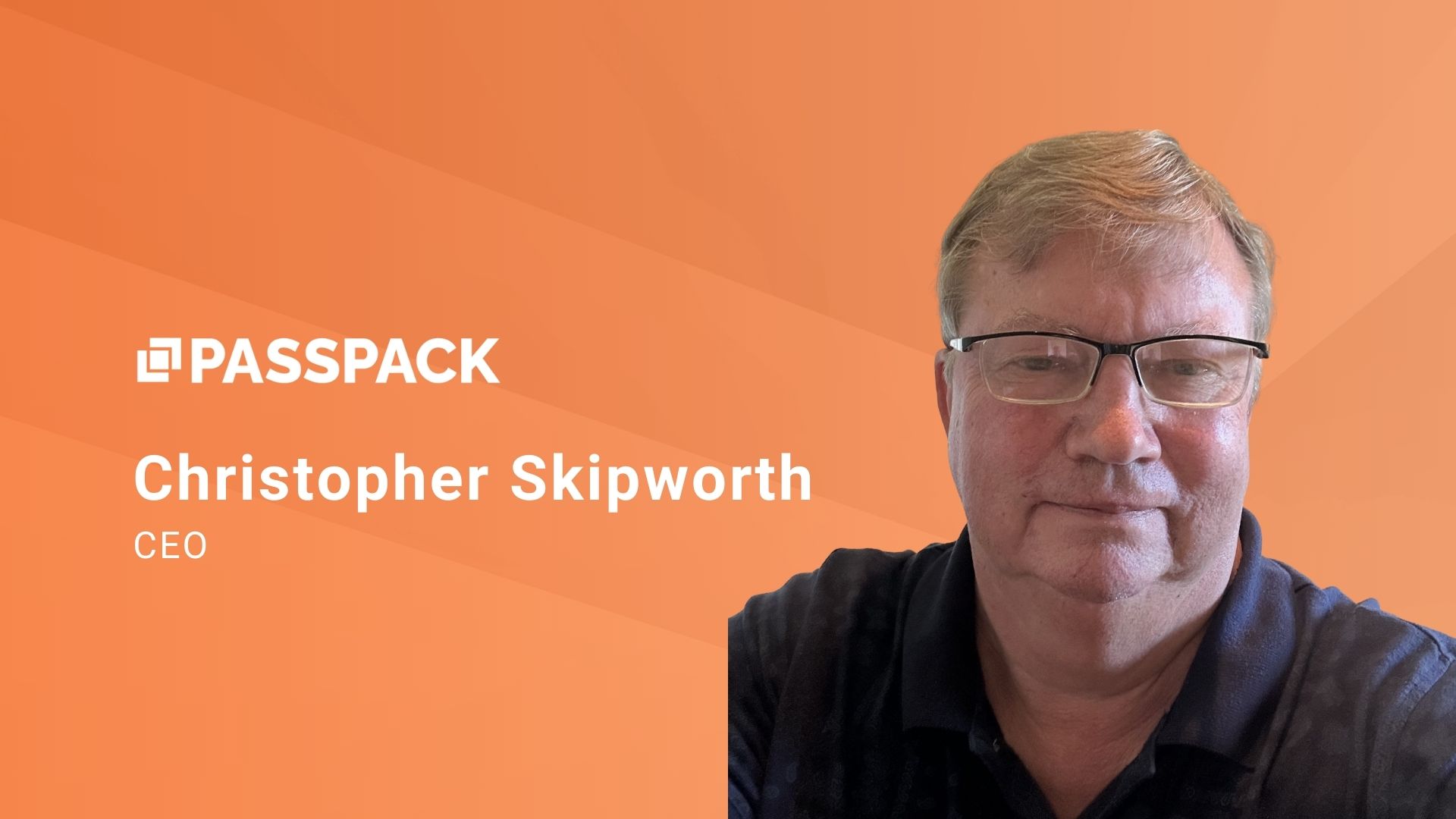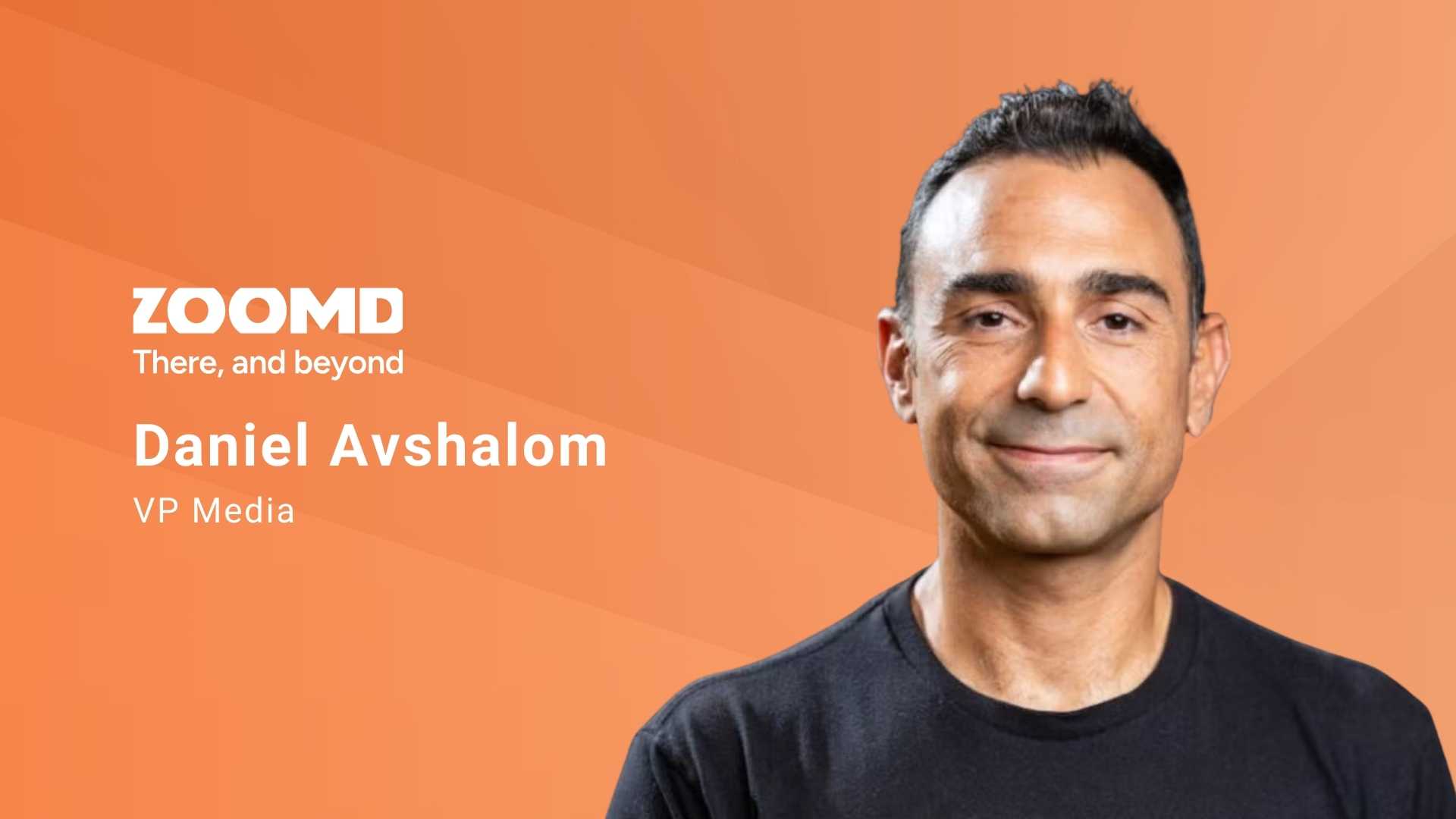
personalization
AI & Composable Content: Karl Rumelhart on Contentful’s Digital Edge
personalization 2 Oct 2025
1. How critical is continuous investment in AI and personalization technologies for maintaining a competitive digital edge?
In marketing, AI for personalization is quickly transforming from a luxury into a default for brands to make the most of every interaction. It’s changing how content is created, enabling marketers to scale more individualized messaging to targeted audiences and enhance experiences across channels. Hyper-personalized touchpoints that feel tailor-made can help brands reach customers in an oversaturated marketing environment.
AI personalization tools will only continue to advance, so brands need to adopt nimble, tech-forward tools now that continuously integrate modern capabilities and allow them to confidently prepare for a highly personalized, autonomous, and data-driven future. Those who stay on the cutting edge of this technology and invest the time and resources to grow and learn with it will find themselves ahead of the curve.
2. How prepared is your organization to adopt composable content infrastructure to support flexible, omnichannel experiences?
Contentful helps brands deliver seamless, connected experiences that meet customers wherever they are, and empower marketing and developer teams to access and manage content, data, and logic within a single tool.
We’ve seen how traditional monolithic content management systems can slow teams down by locking content into rigid templates or keeping it siloed across channels. With our composable architecture, teams can experiment with campaigns at scale, increasing their output and enriching their insight loops to make more informed, data-driven decisions. Contentful’s API-first framework also helps marketing teams deliver cross-channel personalization through unified audience models and AI-assisted content operations, automating translation, tone shifts, and variant generation to deliver precise messaging at scale.
Many of our customers implement a phased adoption approach, starting with a specific use case, such as a localized campaign or homepage refresh, and expanding from there. But, we are seeing more and more brands realize the immediate value of our platform and opt for a faster transition and full deployment to Contentful, including not only the CMS itself but also Contentful Personalization and Studio, our Visual Experience builder. In addition, our API-forward platform can run alongside existing systems, maximizing relevance and speed, enabling brands to stay ahead with infrastructure that adapts just as quickly. This allows marketing and development teams to access content and collaborate more efficiently and deliver consistent, omnichannel experiences that scale, while reducing operational risk and accelerating time to value.
3. What percentage of your budget is allocated to R&D or product innovation, and how is that expected to evolve?
The digital experience platform (DXP) space is experiencing rapid growth, a testament to escalating customer needs and undeniable market demand. To better understand our role and impact, we’re increasing our investment in research and development by more than 20% this year – allowing our teams to accelerate innovation, better understand how to incorporate AI capabilities, and set a new standard for what customers can expect from a DXP:
● Improving operational efficiency by leveraging AI to automate repetitive tasks and optimize how content is created, accessed, and distributed.
● Embedding an intelligence layer with AI-driven insights that guide more effective personalization strategies and predictive recommendations.
● Breaking down silos by deploying AI and agent-based automation to unify data, channels, and content, ensuring consistent messaging across communications and social platforms.
4. To what extent is your organization leveraging partnerships with third-party AI and content platforms to accelerate innovation?
Partnerships are central to how Contentful drives innovation and supports our customers. Our composable platform is a strategic nexus, integrating with leading tools across AI, marketing automation, and commerce, helping teams deliver content with greater speed, flexibility and precision.
For example, our partnership with SAP enables both consumer and B2B brands to build commerce experiences across channels that build loyalty and growth. We also integrate with Braze, an industry leading omni-channel marketing automation tool, that makes it easier to safely deploy content stored in Contentful to all marketing channels with real-time sync.
Another example is our partnership with Shopify. Through this integration, we connect content and commerce in one workflow – improving storefront design flexibility, streamlining localization, and activating AI-powered personalization. Our new Shopify app and content connector allow marketers to synchronize product content and deliver more relevant, engaging shopping experiences at scale.
By expanding our curated partner ecosystem, we continue to give teams the tools they need to experiment, personalize, and scale across channels. These collaborations are helping our customers move faster and stay ahead in a competitive digital environment.
5. How do you measure success when deploying modular or API-first content delivery systems?
An API-first development process fuels digital transformation by enabling measurable marketing and operational impact. Success isn’t just about the technology, but what it empowers teams to achieve. Marketers can measure success through outcomes like:
Speed to market: How quickly new content or updates reach customers across channels.
Experimentation velocity: The number of campaigns, tests, or personalized experiences that can be launched in a given month.
Content reuse: The percentage of content efficiently repurposed across regions, brands, or platforms.
Experience sophistication: The ability to deliver dynamic, data-driven front end experiences without bottlenecks.
An API-first content system, where the API is the single source of truth, underpins these results. By streamlining workflows and freeing teams from repetitive tasks, it creates space for more creativity, faster iteration, and scalable brand impact.
6. How important is executive leadership experience in scaling enterprise platforms when evaluating digital transformation partners or solutions?
Executive experience matters, but what matters more is how you apply it: by choosing solutions that drive agility, accelerate time-to-market, and ensure brand consistency across every channel. The leaders who succeed are the ones who embrace the processes and partners that deliver real business outcomes, rather than clinging to old systems.
Today’s consumers have constantly changing expectations. Our customers count on us to help design, implement, and deploy unified brand experiences that meet them where they are. We admire brands that can adapt flexibly to meet any customer need, and are proud to partner with innovative companies to help digital brands unlock their full value by building, launching, and shipping websites and content faster.
My own journey starting my career as an academic mathematician shaped me into the leader I am today as Chief Product Officer at Contentful. Mathematics is about tackling hard problems by embracing their complexity. It also teaches the critical skill of finding the right abstraction model, the optimal framework for solving a problem. The same applies to building software applications: building with the right models and components will ensure true transformation and impact. Ultimately, it’s equally important to have partners who are both forward-looking and have demonstrated their ability to pivot quickly alongside the evolving industry.
Get in touch with our MarTech Experts.
Page 1 of 1
Most Recent
How's this "Returns Shouldn’t Be Tolerated — They Should Be a Strategic Differentiator"
Interview Of : Mike Murchison
What scaling AI reveals about governing personalisation
Interview Of : Mark Drasutis
How Mundial Media Uses AI to Decode Cultural Context
Interview Of : Tony Gonzalez
How Marketing Agencies Can Protect Client Data in an Era of AI-Powered Threats
Interview Of : Christopher Skipworth
Turbo-Speed AI Saves Auto Sales: Silent Partner’s Contactter.ai Drives Buyer Engagement
Interview Of : David Marod
Navigating the New Era of Mobile User Acquisition: Inside Zoomd’s 20-Year Journey
Interview Of : Daniel Avshalom











